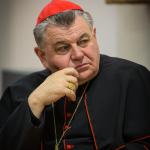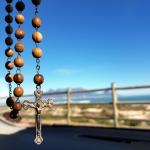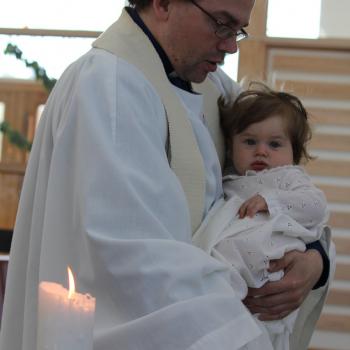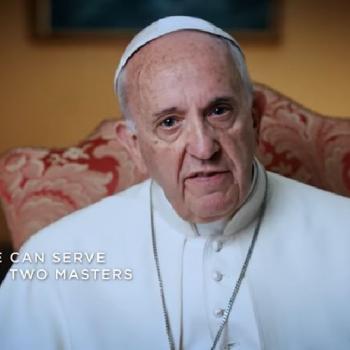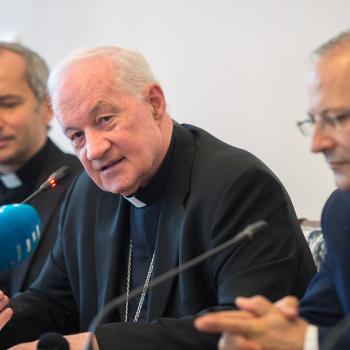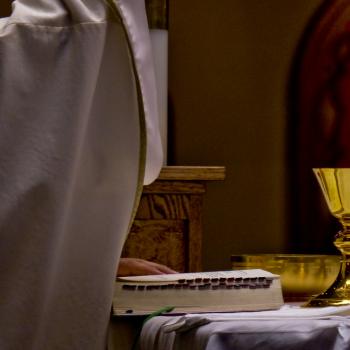In the midst of the political paralysis brought on by the Spanish central government’s ongoing intervention of Catalonia, the region’s bishops have reaffirmed the “moral legitimacy” of the Catalan drive towards independence. In a new Lenten letter released February 16, the prelates of the provinces of Tarragona and Barcelona also call attention to what they label a “political problem of the highest order” in Catalonia and urge the Spanish authorities to commit to a “calm reflection” on the fact that four of the alleged instigators of the ‘illegal’ independence referendum last October 1 remain in custody without yet having faced a trial.
From the perspective of the “personal and communal conversion” Catholics are called to undertake in the pre-Easter season, the Catalan bishops in their letter call on national and regional politicians to strive to “rebuild mutual confidence in a society… marked by great cultural, political and religious diversity”. “Social cohesion”, they say – as well as “mutual closeness and respect for the rights of all” – must be the priorities of the present moment, more than a hundred days after the Spanish government’s application in Catalonia of the Constitutional clause that permits Madrid to take over the powers of any of the country’s 19 autonomous communities.
What independence supporters call the “coup d’état” of Prime Minister Mariano Rajoy in Catalonia, continue the bishops, requires now the search for a “just solution… acceptable to all” that is only achievable if all players undertake a “conscientious effort to dialog from truth and with generosity and a concern for the common good”. Specifically, say the prelates, the concern must be that the politicians elected to the regional parliament in the elections last December 21 – in their majority, secessionists – now “put into action democratic mechanisms that will enable the formation of a new government”.
Major obstacles to the swearing-in of a new government in Catalonia, however, continue to be the exile of ex-Premier Carles Puigdemont and four of his ministers in Brussels, on the one hand, and the ongoing imprisonment of two Catalan ex-ministers and two civil leaders, on the other. Although the bishops of Tarragona and Barcelona don’t refer, in their letter, to the first of these situations, with respect to the second they call for a “climate of the dialog we so desperately need” on the issues: given, especially, the “moral legitimacy of the different options on the political structure in Catalonia”, based as they are “on the respect for the inalienable dignity of persons and peoples” and as long as they are “promoted in peaceful and democratic way”.
Founded in 1969, the Tarragona Bishops’ Conference (Conferencia Episcopal Tarraconense) has been an important voice in the debate on Catalonia’s proper place in Spain ever since the country embraced democracy after the Franco dictatorship in 1978. In 1985, for example, the body published a document – entitled “The Christian Roots of Catalonia” – that asserted that the region was “born politically a thousand years ago”. In 2010 they reaffirmed that, although it isn’t the Church’s place to opt for one or another political party, the bishops of the same should “walk with the people”: an expression that many have taken since to mean that, for the Catalonian Church, unity with Spain isn’t a dogma of the faith.

